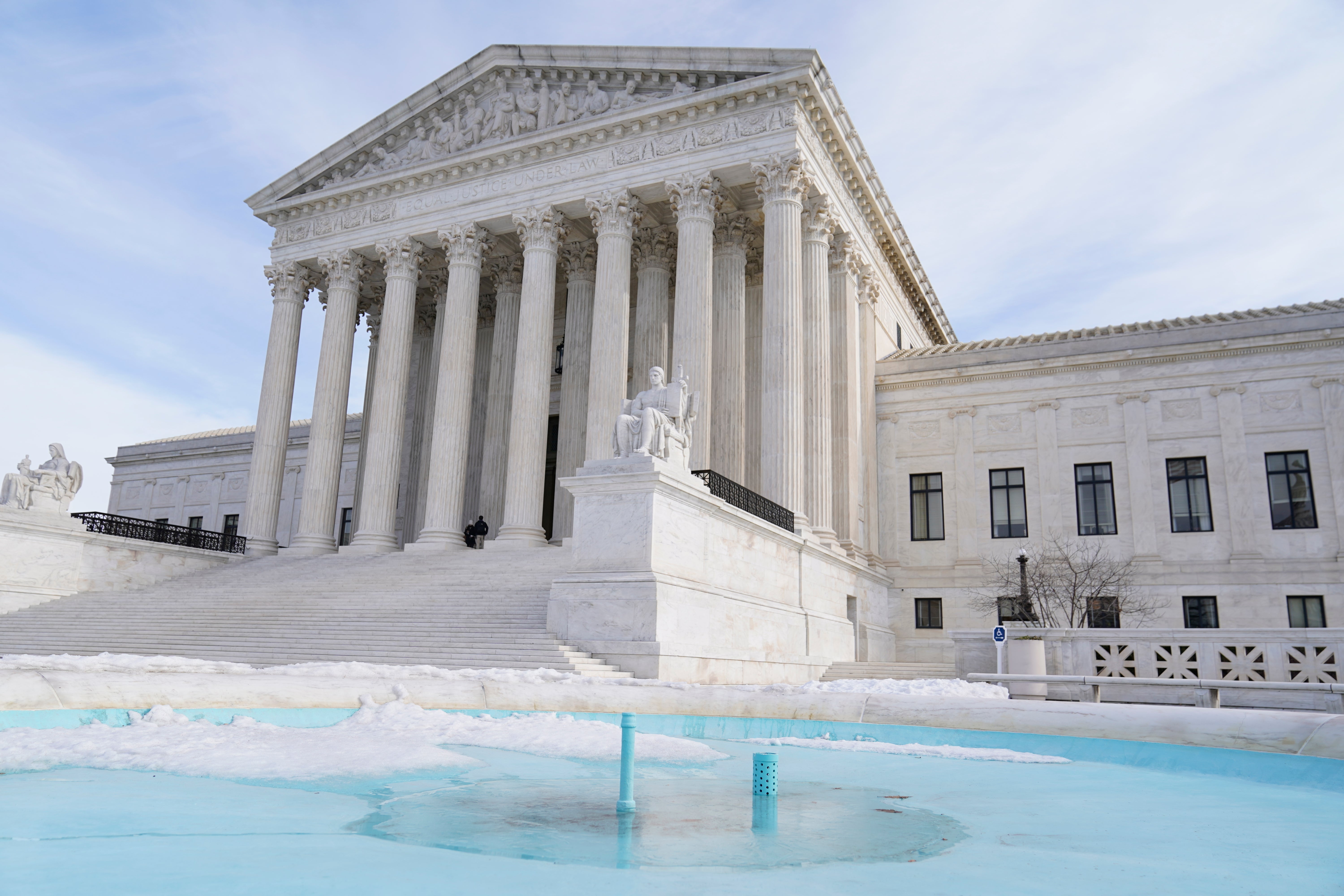Supreme Court to hear challenges to affirmative action in college admissions
Cases hinges on treatment of Asian-Americans by admissions departments at Harvard, UNC

Your support helps us to tell the story
From reproductive rights to climate change to Big Tech, The Independent is on the ground when the story is developing. Whether it's investigating the financials of Elon Musk's pro-Trump PAC or producing our latest documentary, 'The A Word', which shines a light on the American women fighting for reproductive rights, we know how important it is to parse out the facts from the messaging.
At such a critical moment in US history, we need reporters on the ground. Your donation allows us to keep sending journalists to speak to both sides of the story.
The Independent is trusted by Americans across the entire political spectrum. And unlike many other quality news outlets, we choose not to lock Americans out of our reporting and analysis with paywalls. We believe quality journalism should be available to everyone, paid for by those who can afford it.
Your support makes all the difference.The US Supreme Court will hear arguments in a case challenging the use of affirmative action policies by college admissions departments.
A case alleging that Harvard University’s admissions process discriminates against Asian-Americans will be heard by the Court, likely in the next term, the Court announced on Monday.
The case argues that Harvard’s policy of actively seeking to boost underrepresentation of minority groups including Black and Latino students ends up harming applicants of Asian or Pacific Islander descent. The lawsuit does not name any current or former students.
As a result of the school’s efforts to boost admission rates of Black and Latino students, the case argues, Asian-Americans are rejected at a disproportionately high rate. The makeup of Harvard’s current freshman class is nearly half white; Asian-Americans make up a quarter of the entire population, the second-largest share of all races reflected in the survey.
A second, similar case was also picked up by the Court on Monday, looking at race-based admissions practices at the University of North Carolina. The two suits are being led by the same conservative group, Students for Fair Admissions.
If the Court decides the case against Harvard or UNC, it could potentially mean the end of the longstanding precedent affirming that there is legitimate interest in considering the race of applicants to ensure that student populations reflect the broader scope of society. Harvard’s lawyers and the US Solicitor General urged the justices to side with precedent.
“Universities across the country have followed this precedent in structuring their admissions processes,” attorneys for Harvard wrote. “And the American public has looked to this precedent for assurance that the nation recognises and values the benefits of diversity and that the path to leadership is open to all.”
The Court first established two precedents governing the practice of considering racial backgrounds in the course of the college admissions process with two rulings in 2003. One established that there was a legitimate interest for universities including public colleges to consider race during admissions, while another outlawed the specific practice of instituting a quota system based on race.
The two rulings have governed college admissions for years as admissions counselors in many schools have sought to increase the diversity of their student bodies and ensure that students from different backgrounds and of different ethnicities are represented in school admissions.
Monday’s announcement is the latest example of conservatives under banners of various causes showing newfound confidence in their efforts to win legal victories at the level of the nation’s highest court, a trend credited to Donald Trump’s confirmation of three justices to the Supreme Court (and many more throughout the federal judiciary) during his four years in the White House.
The Court is also set to issue decisions in landmark challenges to abortion rights precedent in the months ahead as two laws in Texas and Mississippi directly opposing the standard established in Roe V Wade are under consideration by the justices.



Join our commenting forum
Join thought-provoking conversations, follow other Independent readers and see their replies
Comments